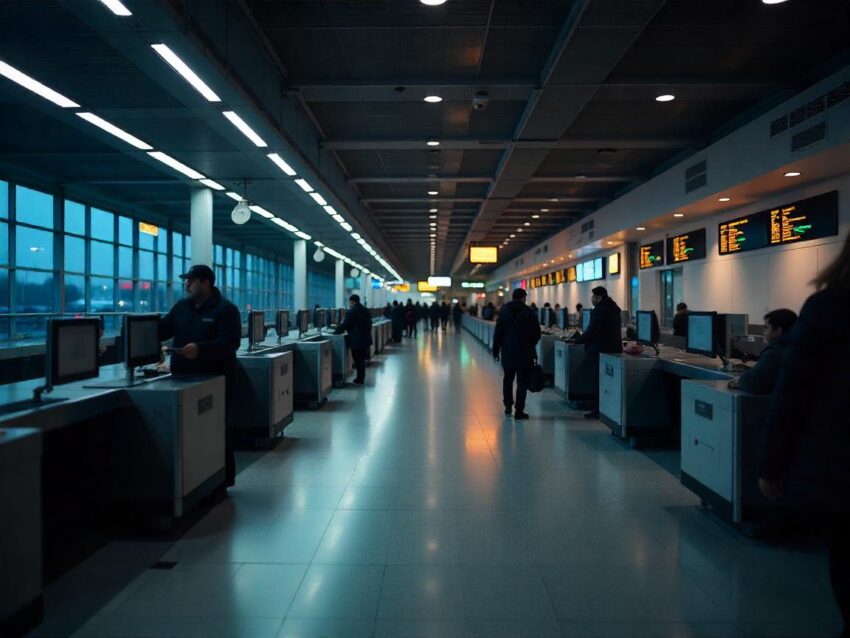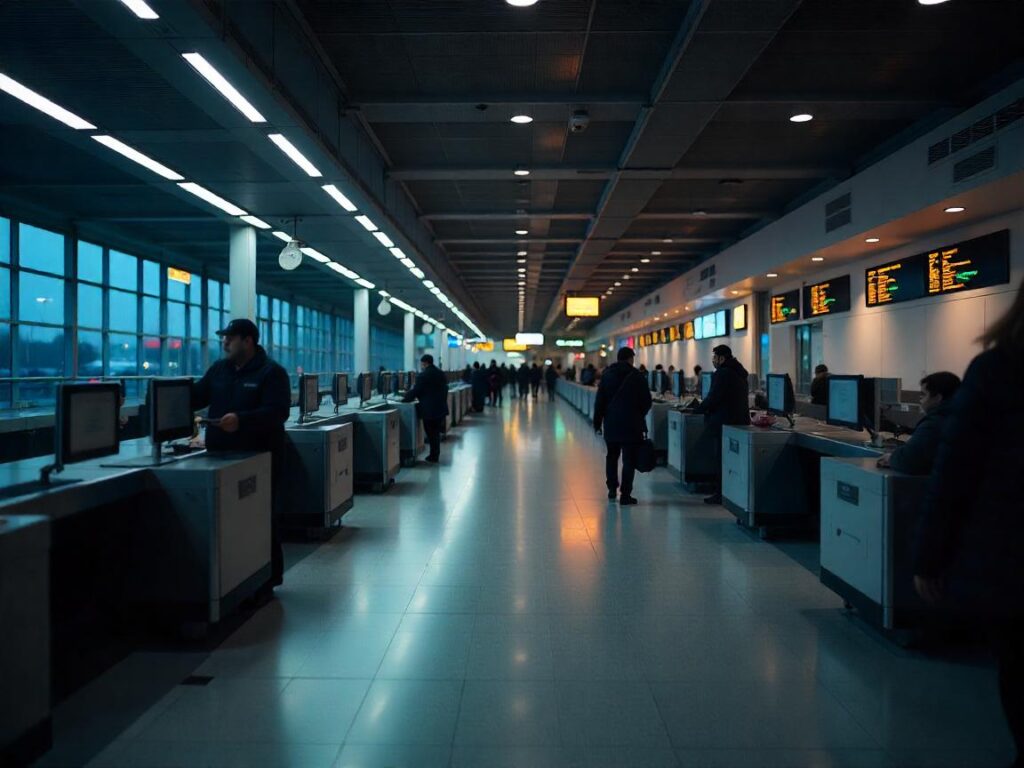Sunday, June 15th, 2025

The widening of the US travel ban is poised to have a major impact on the tourism sector in Africa, with 25 African countries currently facing the threat of a full or partial ban on entry. Countries such as Egypt, Tanzania and Zimbabwe are under scrutiny for national security risks, unreliable identification systems and high rates of visa extensions. With a strict 60-day deadline to comply with new US standards, African countries are now navigating an uncertain future to avoid further harm to important tourism industries. This article explores the deep impact of this expansion of African tourism and the potential consequences for travel and tourism landscapes on the continent.
A tough challenge to tourism in Africa
The impact of this decision on African tourism is expected to be substantial. Many African countries rely heavily on tourism as a major economic factor, and the United States represents one of the largest sources of international visitors. The proposed travel ban could lead to a decline in the number of American tourists, a decline in business partnerships, and potential reputational damage in some African countries that rely on healthy tourism flows.
For countries like Egypt, which boast iconic sites like the Pyramids and Sphinx, their impact can be devastating. Similarly, Tanzania's tourism industry, known for its Serengeti and Mount Kilimanjaro, could lose most of the US market. The impact on tourism in Africa is deeply felt in regions where tourism plays a key role in maintaining the local economy, providing employment and attracting international investment.
The reason behind the prohibition
The expansion of the US travel ban is driven by a combination of national security concerns and logistical issues related to visa tenure and identity verification. Many African countries under review have flagged it for failing to provide reliable identification systems. This is an important factor in assessing security risks by US immigration authorities. Furthermore, the vast distances in visas in certain countries lead to concerns about individuals who have passed the time allowed in the US, further justifying the possibility of stricter travel restrictions.
Countries such as Egypt, Tanzania and Zimbabwe have also been identified as failing to meet the U.S. government's expectations for deportation agreements and lack of cooperation in accepting citizens that have been removed from the United States.
Affected Countries: Snapshots of the Situation
The next African countries are one of the 25 where citizens can see them face a travel ban.
Egypttanzaniazimbabweangolaben in Burkinafasocamerooncôted'ivoiredemocraticRepublicCongoMaraWinigeriaIsSudanvia
These countries make up a significant portion of Africa's tourism economy. With destinations such as ancient Egyptian monuments, Tanzania's world-famous safari parks and Zimbabwe's Victoria Falls, the ban could see a deep impact on African tourism if it were to be enacted.
Diplomatic and economic impacts
The impact of this African tourism exceeds the tourism sector alone. The potential decline in US visitors could lead to a decrease in revenue generated by local businesses thriving in hospitality, transportation and international tourism. Many African countries rely on the US as an important source of tourists, and losing this market could hinder growth in an already competitive global tourist landscape.
Furthermore, diplomatic relations between the United States and these African countries can face tensions. Some of these countries, such as Egypt and Nigeria, maintain strong political and economic ties with the United States. For these countries, meeting US requirements can be a delicate balance between complying with US requirements and protecting your own national interests.
Increased tension and increased reverberation
The widening of the US travel ban has sparked protests and widespread criticism, both in the US and overseas. Civil rights groups and tourism advocates have expressed strong opposition, and many call the move discriminatory. Critics argue that the new restrictions unfairly target African countries. Many still develop the tourism industry and rely on international visitors to support the local economy.
The ban is seen as a continuation of policies since the Trump era, where many people were criticised for disproportionately affecting black and brown countries. Tourism restrictions currently facing Africa could spark global backlash, calling for greater cooperation rather than punitive measures based on nationality.
In African countries, activists and tourism leaders are mobilizing to oppose US restrictions, urging governments to engage in diplomatic debates with Washington to find a more equitable solution.
What's next for tourism in Africa?
The 60-day deadline for affected countries to meet new US standards is rapidly approaching, and if these countries fail to comply, the impact of African tourism could be disastrous. For many countries, this represents an important opportunity to strengthen relations with the US by demonstrating its commitment to improving security protocols and identity verification systems.
However, this may be a turning point in countries like Egypt, Tanzania and Zimbabwe, where the tourism industry is heavily dependent on US visitors. Potential losses in key markets allow rapid diplomatic efforts to promote these countries, meet the required standards and avoid further economic recession.
Conclusion: Navigate the future
As the US travel ban continues to expand, the impact on tourism in Africa is becoming increasingly apparent. African countries face serious challenges to protect the tourism industry while meeting the harsh demands of the US government. The paths ahead of these countries require sensitive diplomacy, cooperation and rapid adaptation to the evolving international travel environment. Whether these countries are able to meet US requirements in time will determine the future of the tourism sector and the broader economic health.



